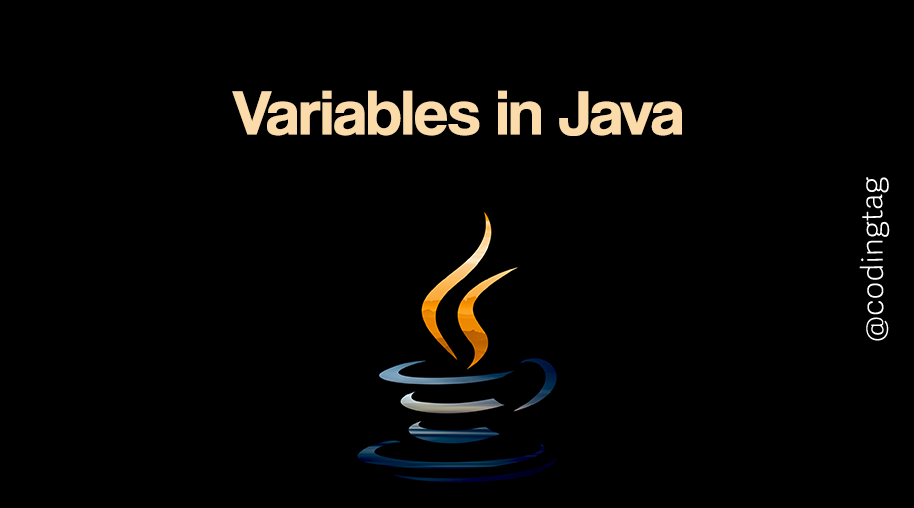Variable Scope in Java
0 1003
What is Variable Scope in Java?
Variable Scope in Java refers to the region of the program where a variable is accessible or visible. Every variable in Java has a scope, and understanding it helps in managing memory efficiently and avoiding conflicts or bugs in your code.Types of Variable Scope
Java mainly has three types of variable scope based on where the variable is declared:- Local Scope – Inside methods or blocks
- Instance Scope – Inside class but outside methods
- Static/Class Scope – Declared with the
statickeyword
1. Local Scope
Variables declared inside a method, constructor, or block are called local variables. They are created when the block starts and destroyed when it ends.public void display() {
int number = 5; // Local variable
System.out.println(number);
}
number is not accessible outside the display() method.
2. Instance Scope
Instance variables are declared inside a class but outside any method. They belong to each object created from the class and are accessible throughout the object’s lifecycle.public class Car {
String color; // Instance variable
void setColor(String c) {
color = c;
}
void showColor() {
System.out.println("Car color: " + color);
}
}
3. Static or Class Scope
Static variables are shared among all instances of a class. They are declared with thestatic keyword and belong to the class itself rather than any individual object.
public class Counter {
static int count = 0; // Static variable
Counter() {
count++;
System.out.println("Count: " + count);
}
}
Variable Shadowing in Java
Shadowing happens when a local variable shares the same name as an instance or static variable. In such cases, the local variable hides the outer variable.public class Demo {
int number = 10;
void show() {
int number = 5; // This shadows the instance variable
System.out.println("Local number: " + number);
}
}
this.number.
Scope and Memory Management
Understanding scope is also important for memory efficiency. Local variables live on the stack and are short-lived, while instance and static variables are stored in the heap and class memory respectively. Managing scope helps in controlling memory usage smartly.Best Practices
- Keep variables limited to the scope where they’re needed
- Avoid naming conflicts that lead to variable shadowing
- Initialize variables close to where they are used
- Use static variables sparingly and only when shared state is necessary
Conclusion
Variable Scope in Java plays a key role in defining how long and where a variable can be used. Whether it's a short-lived local variable or a shared static field, understanding scope ensures cleaner code, better memory usage, and fewer bugs.If you’re passionate about building a successful blogging website, check out this helpful guide at Coding Tag – How to Start a Successful Blog. It offers practical steps and expert tips to kickstart your blogging journey!
For dedicated UPSC exam preparation, we highly recommend visiting www.iasmania.com. It offers well-structured resources, current affairs, and subject-wise notes tailored specifically for aspirants. Start your journey today!

Share:







Comments
Waiting for your comments